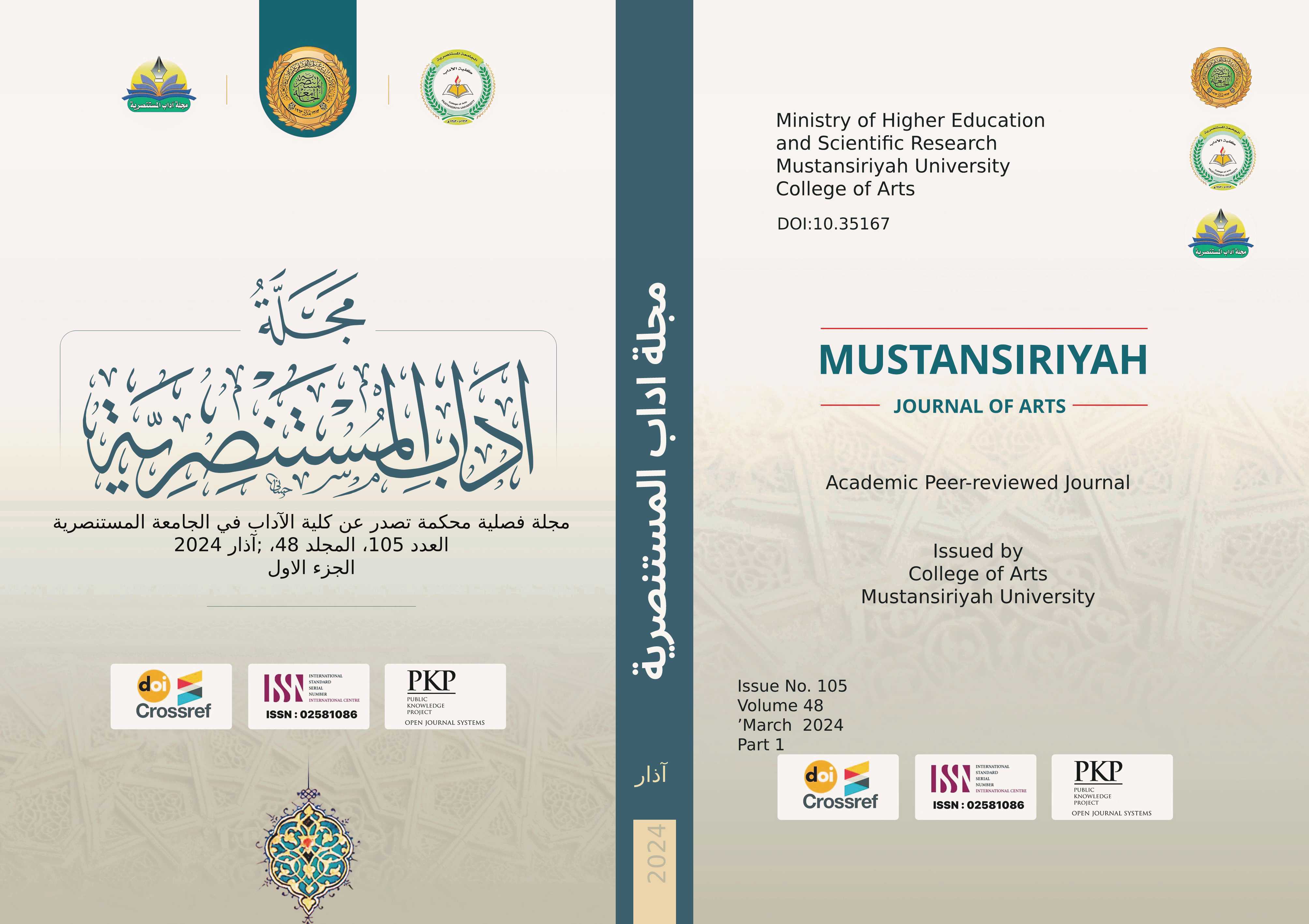THE SIGNIFICANCE OF THE PREPOSITIONS IN THE SHORT JUDGMENT OF IMAM ALI (PEACE BE UPON HIM)
Abstract
Prepositions are letters of addition and connections that apply to nouns only. They are one of its signs, giving it the rule of preposition. By preceding nouns, they bring together the meanings of separate and scattered words into coherent sentences that are understandable in the mind of the reader and recipient. They also connect the meanings of verbs to nouns whose objects cannot be reached. This indicates that prepositions are letters. They are functional, even if some of them are superfluous, and each of these letters has meanings and connotations that may be unique to it or shared with other letters, thus conferring this meaning on the nouns that enter them, which makes these letters of great importance in the Holy Qur’an and the statement of the family of the Prophet (peace be upon them) because they form sentences with meanings with the verbs and nouns that intersperse them. Prepositions are useful and various, thus simplifying many of the meanings that are difficult for the reader to understand. These letters have been given a great importance to their users, and in terms of the need of these letters for what comes after them, they are divided into several sections: the original preposition, which cannot be deleted from the sentence or dispensed with or replaced with because the meaning is not complete without it, and an additional preposition, which is not significance for the sentence, therefore, it may be deleted and replaced with, and a preposition similar to the plus i.e. cannot be deleted because the meaning is not complete without it. We find that prepositions are included in nouns and pronouns and share their meanings. For example, when we talk about oath, we find that it has several letters that have this meaning, such as the waw, the ta’, the lām, and the b, as well as the supersession, it has the form Many of these letters give meaning, such as (from, on, on, kaf, ba).
Published
Issue
Section
License

This work is licensed under a Creative Commons Attribution-ShareAlike 4.0 International License.


